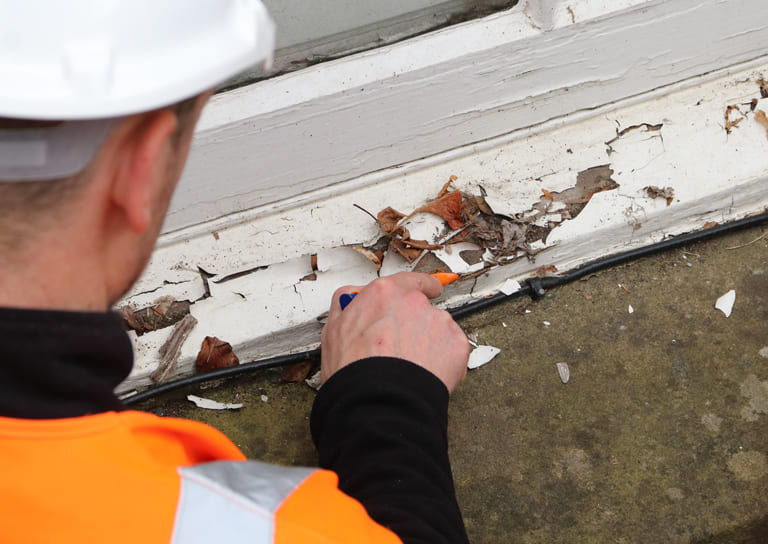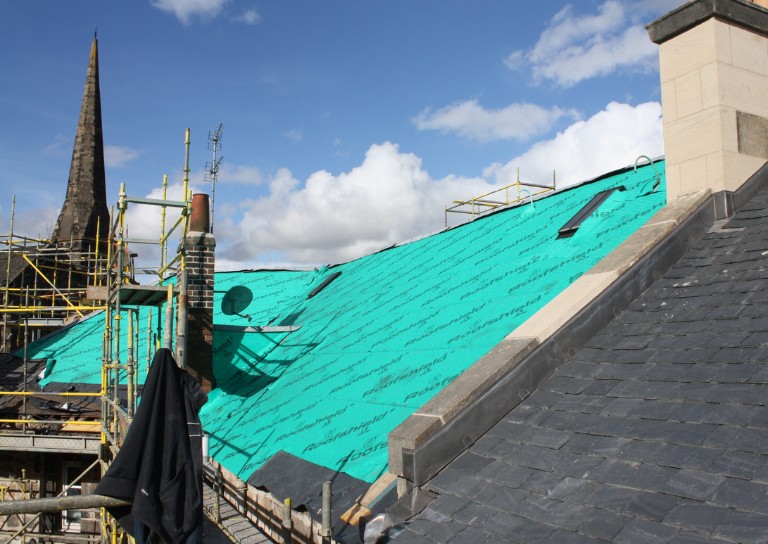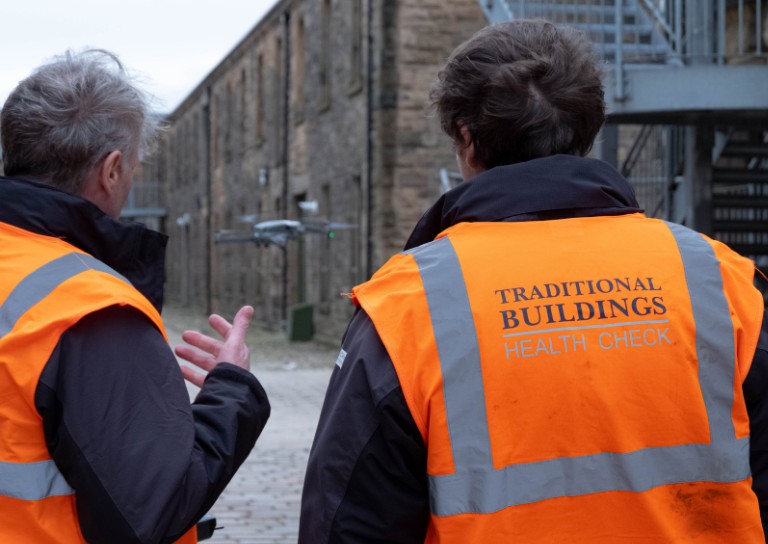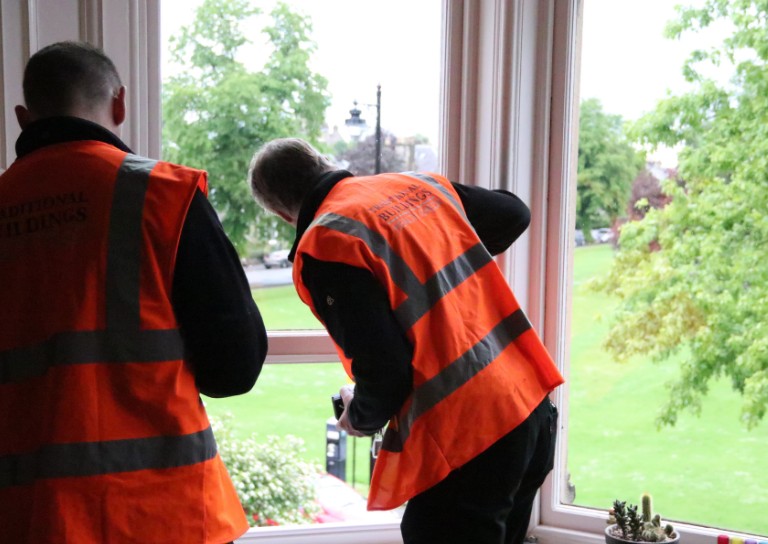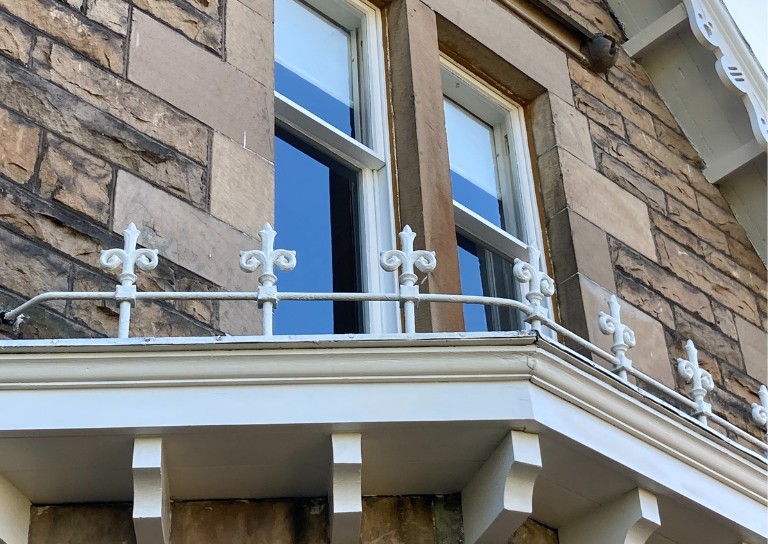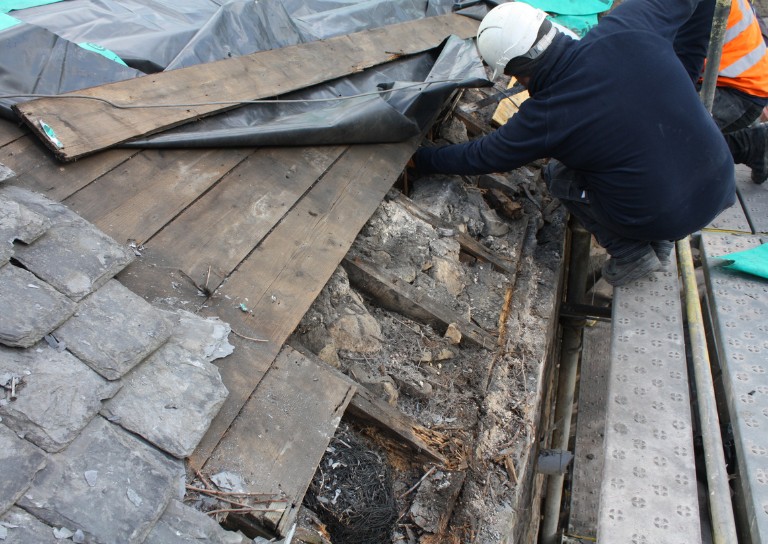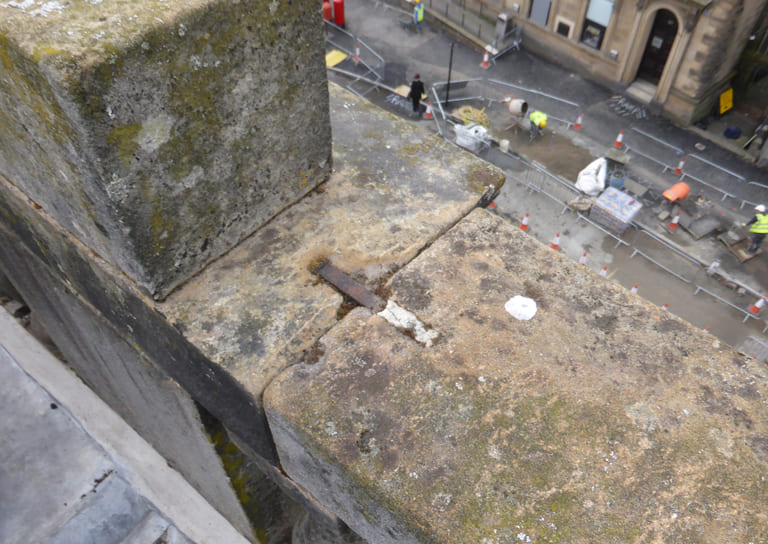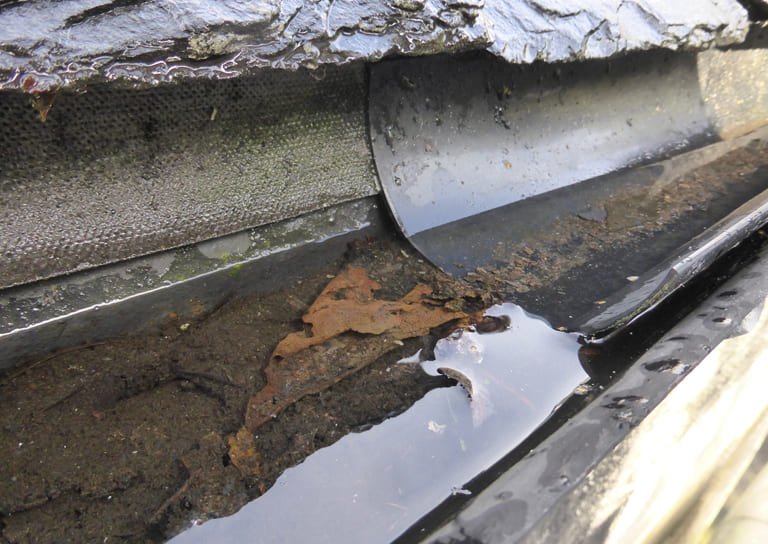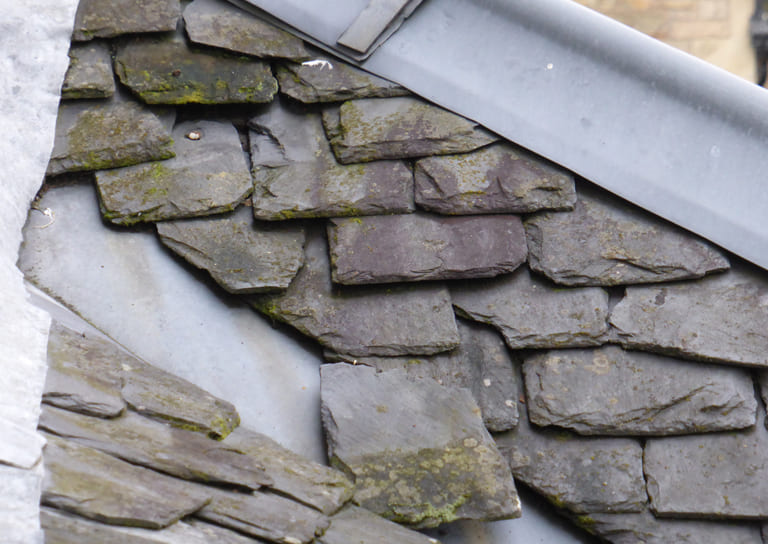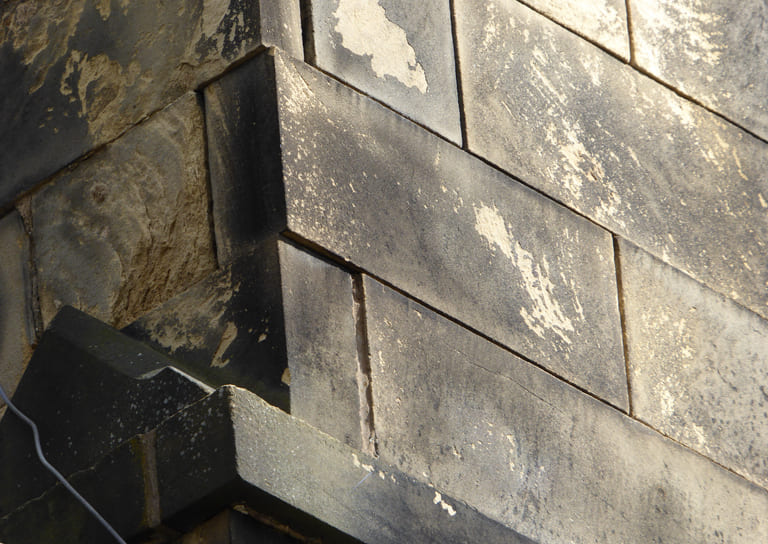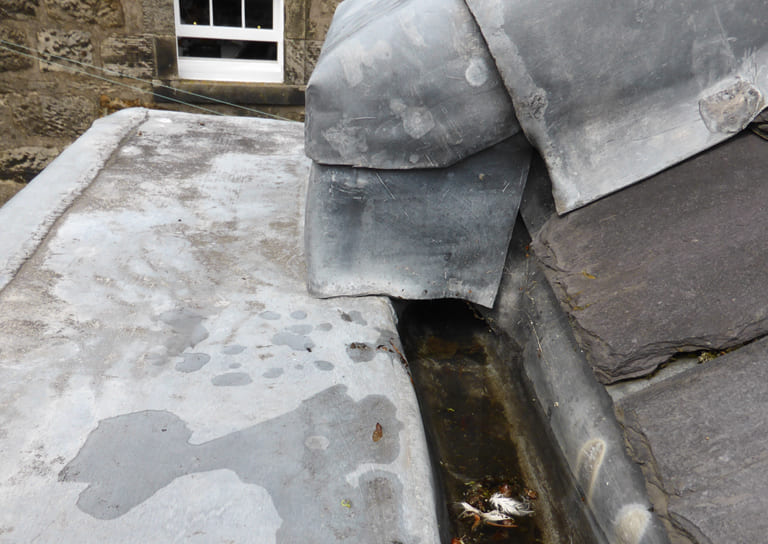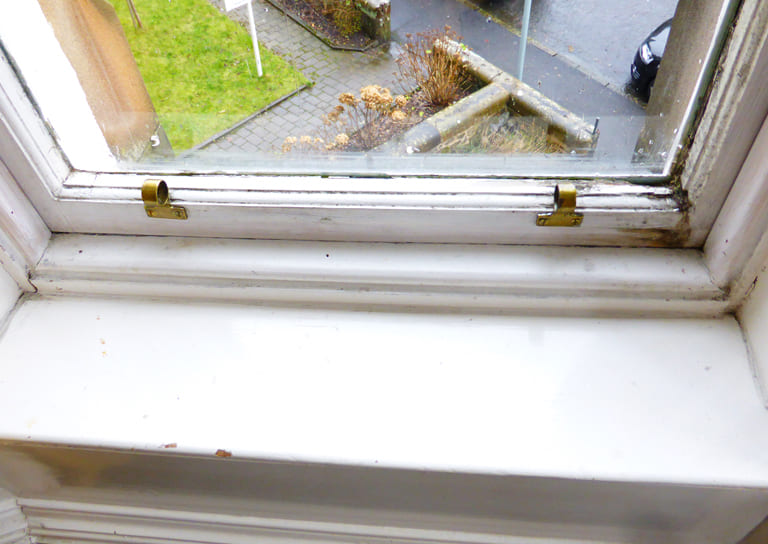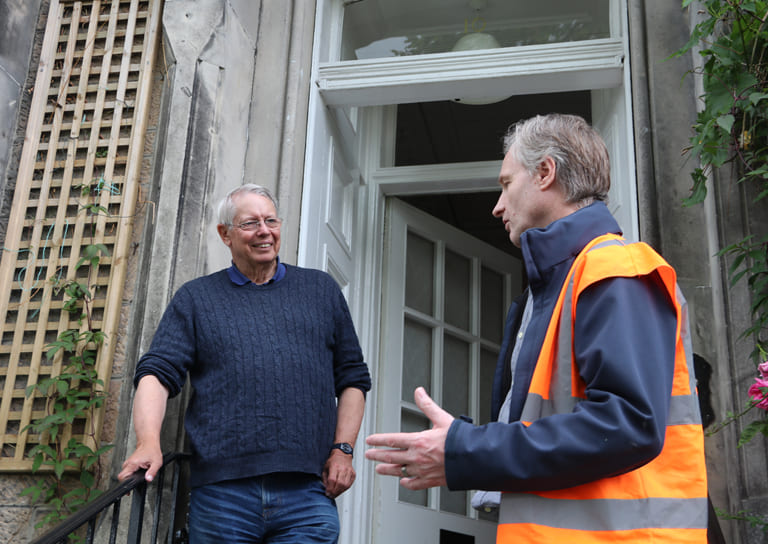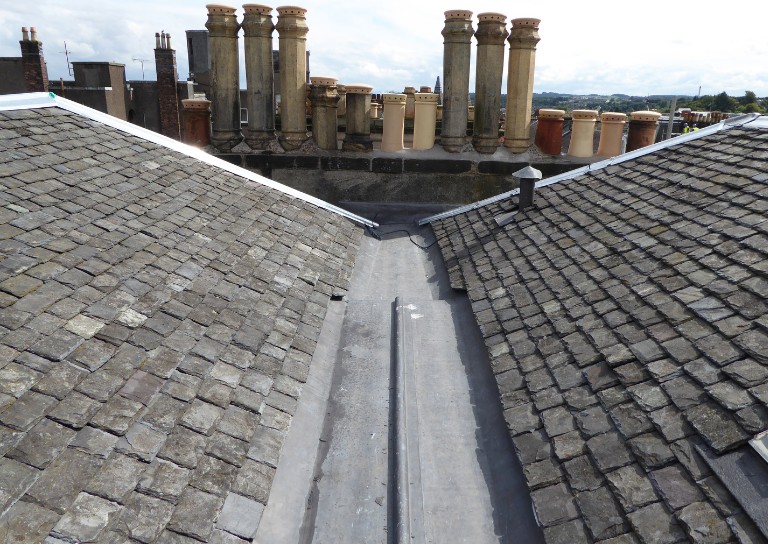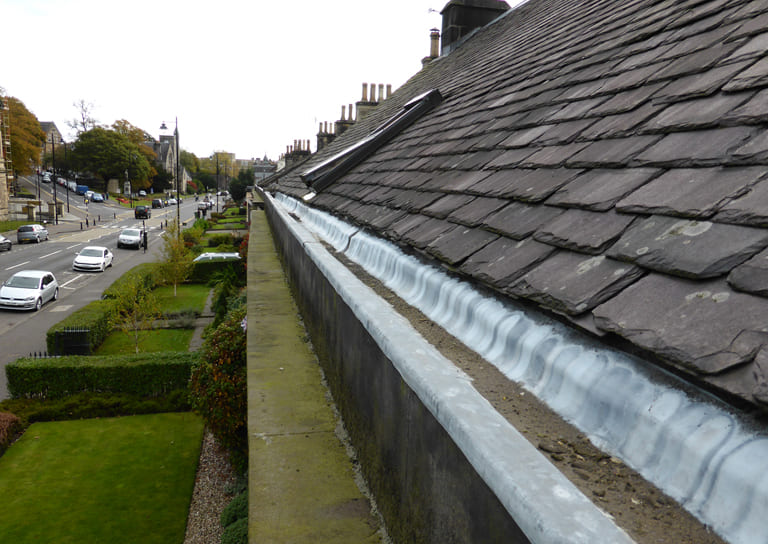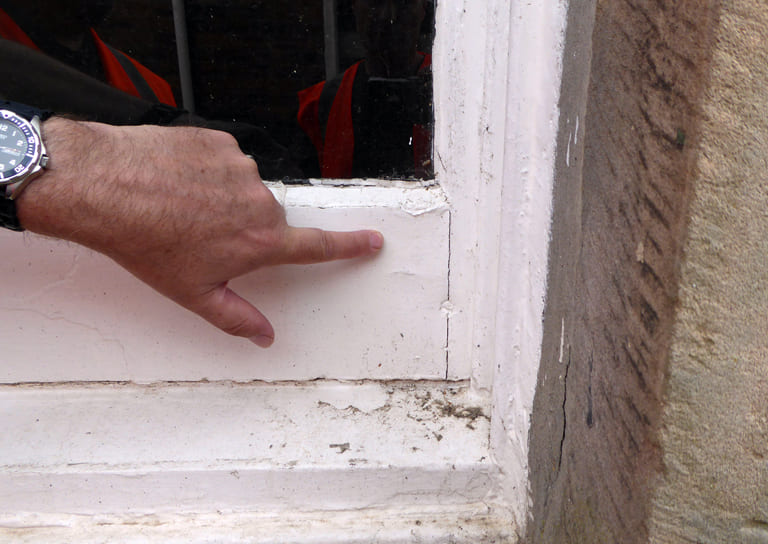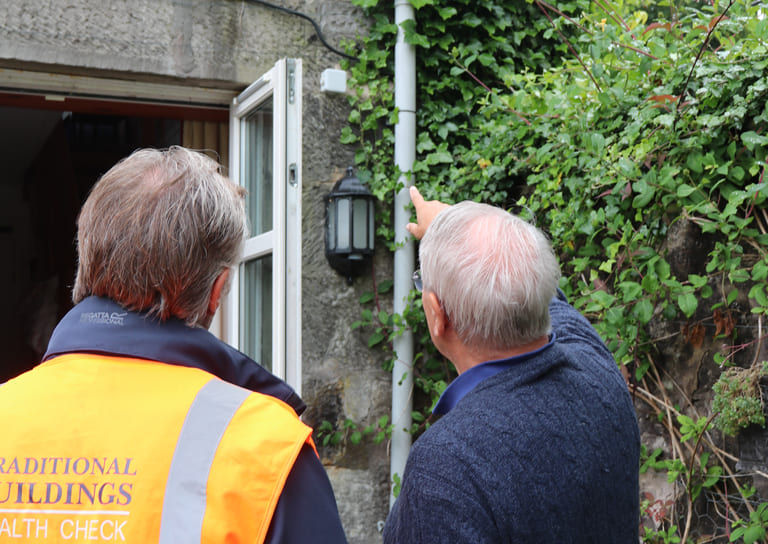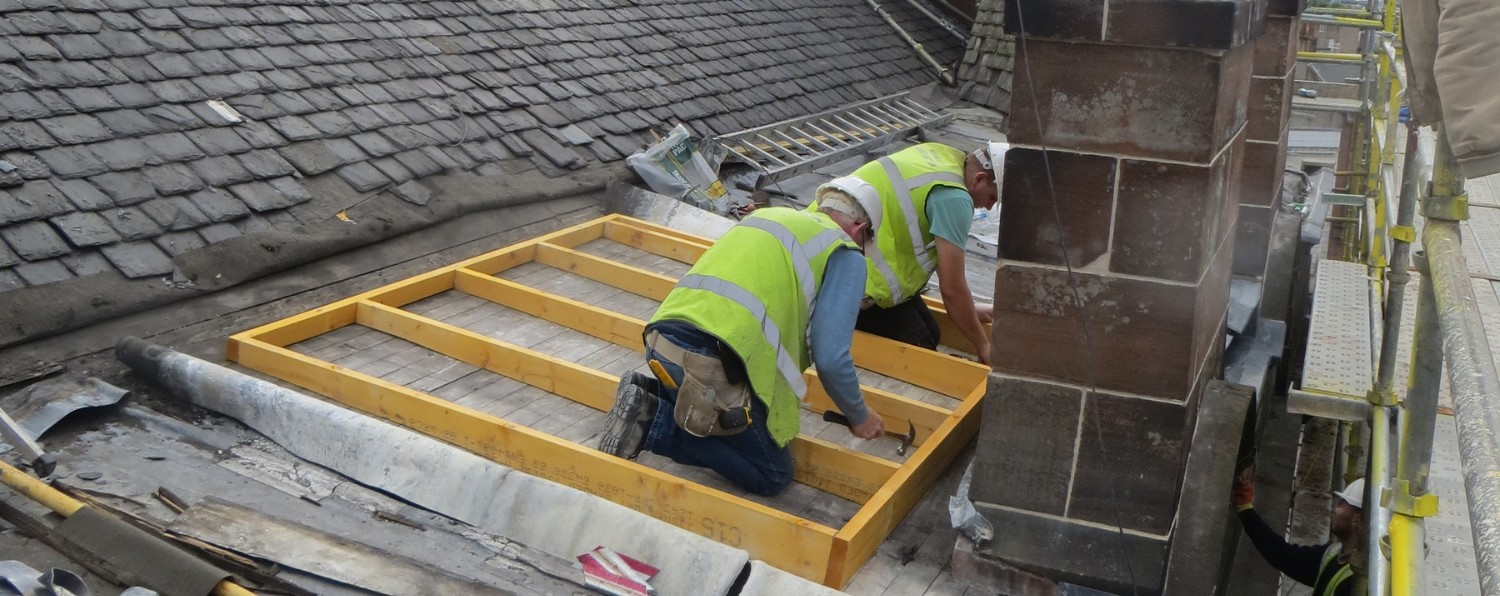Choosing a contractor
Different professional can help building owners to tackle repairs. The following outlines the qualifications and membership to look for.
What is a building professional
Building professionals should be registered with, or members of a professional body. Membership demonstrates that they have met the necessary educational standards, have signed up to the rules and regulations of the governing body, and can be disciplined in the event a complaint about their conduct is upheld. Only qualified members can use the governing body logo and the appropriate letters after their name.
When should I engage a building professional?
If you are considering significant repairs or alterations to a traditional building it is worth seeking advice from a building professional who has good traditional building experience. Consider engaging a Chartered Architect or Chartered Building Surveyor who is “Accredited” in Conservation from their professional institute. If choosing to work with someone who is not accredited, ask to see evidence of previous conservation work on similar traditional buildings.
Which building professional do i need?
Architects
Regulatory Body: Architect Registration Board (ARB)
The term “Architect” is protected in the UK and cannot be used by anyone who has not completed the required training and is not registered with ARB. You can check if an architect is registered on ARB’s website http://architects-register.org.uk/
Institutes: RIBA, RIAS
Architects in Scotland have the option to join their institute in the UK or Scotland or both.
The Royal Institute of British Architects (RIBA) was founded in 1834. Individual architects and architects’ practices can be members of the RIBA. The Institute holds Directories of Chartered Practices, Chartered Members, a Client Advisers Directory (for a specialist adviser by locations and area of expertise) and a Conservation Register (for architects specialising in heritage properties).
The Royal Incorporation of Architects in Scotland (RIAS) was founded in 1916. The RIAS is an incorporation of six chapters in Scotland including areas around Aberdeen, Dundee, Edinburgh, Glasgow, Inverness and Stirling. For information on architects in the local Stirling, Falkirk and central belt are look at the Stirling chapter website.
As with the RIBA, individual architects and architects’ practises can be members of the RIAS. RIAS holds a Directory of all members www.rias.org.uk/directory and also specific directories of those with RIAS accreditation in the specialisms of Architectural Conservation, Sustainable Design and Design Certification.
The Architectural Conservation Accreditation is the most relevant for those seeking an architect to work with a traditional building. The Architectural Conservation Directory is split into those with Accreditation and Advanced Accreditation. Note that it is the individual architect that is accredited, not the practise as a whole.
Surveyors
Surveying is a broad area in terms of qualifications and specialisms which relates to all aspects of land and property. The different types of surveyors include Valuation Surveyor, Quantity Surveyor (QS) and Building Surveyor. Whilst a Valuation Surveyor (also known as a General Practice Surveyor) will give advice on how much your property is worth for sale or lease, a Building Surveyor is an expert in the construction and fabric of a building. If you require advice on a repair matter you should approach a Building Surveyor.
Regulatory Body: Royal Institution of Chartered Surveyors (RICS)
Unlike architects, the term ‘surveyor’ is not protected but in order to become a ‘Chartered Surveyor’ an individual must pass an assessment of professional competence which is set by the RICS. Surveyors who have the letters MRICS or FRICS after their name are Chartered Surveyors and are required to meet and maintain the professional requirements set by the RICS. If you would like to check if your surveyor is RICS qualified, you can confirm this via the link below.
http://www.rics.org/uk/find-a-member/
Surveyors can also be Building Conservation Accredited, you can search for a surveyor in your area and filter by conservation using the link below.
Engineers
Like surveying, engineering covers a wide spectrum of activity. A Structural Engineer may be required for major alterations to a property or where there are concerns about its structural integrity.
Regulatory Body: The Engineering Council
If registered with the Engineering Council, an engineer will have one or some of the following letters after their name:
CEng (Chartered Engineer), IEng (Incorporated Engineer), EngTech (Engineering Technician)
In the UK, the Engineering Council sets and maintains internationally recognised standards of professional competence and ethics for the engineering profession. These are detailed in the UK Standard for Professional Engineering Competence (UK-SPEC).
The award and retention of these titles ensures the individual is a member of a relevant professional engineering institution (PIE) licensed by the Engineering Council. Those holding the titles have demonstrated they have met their institutes technical and professionally competencies.
The Engineering Council holds a national register of over 235,000 engineers and technicians https://www.engc.org.uk/professional-registration/
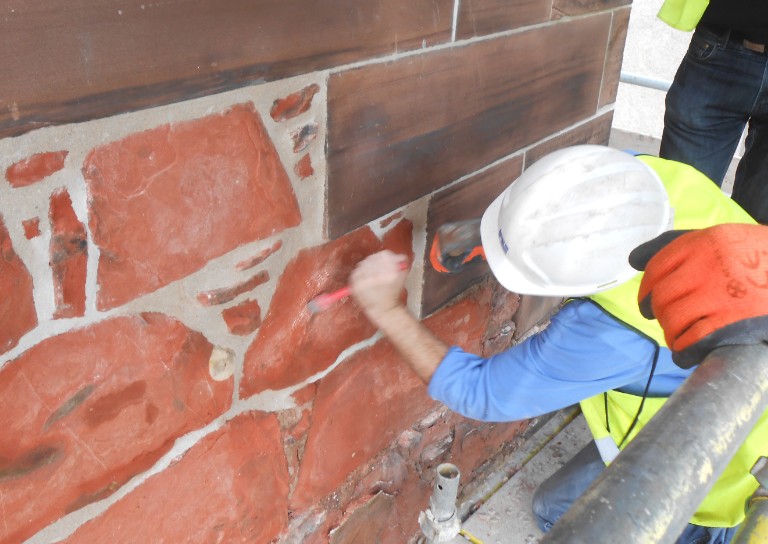
Is there a recommended contractor list?
TBHC do not hold a list of recommended contractors, and generally lists are not kept by public bodies. Establishing and maintaining a list is difficult and involves setting criteria and monitoring the quality of work. New companies appear and good employees move between companies, making it difficult to guarantee a list is current, valid and fair.
TBHC understand that choosing a contractor will take time and effort.
Relevant Experience
Find out about the contractor’s relevant experience of working on traditional buildings using appropriate materials and methods. Ask to see recent completed work and references from clients. You could contact references directly or see the work first hand. Check with the contractor that the same workforce will be used on your project.
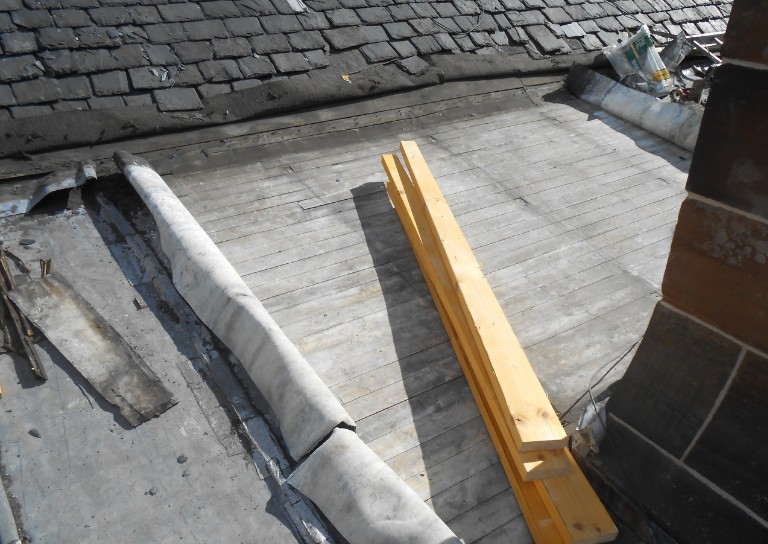
Relevant Qualifications
Ask about relevant qualifications. Most bona fide contractors have undertaken further education training or an equivalent apprenticeship. Certainly today, younger practitioners will complete a SVQ (Scottish Vocational Qualification) or HNC (Higher National Certificate).
Trade Associations
In addition, many contractors will be a member of a trade association, federation or similar body. This can provide peace of mind. To gain and maintain membership the contractor may have to satisfy and maintain certain criteria set by the organisation such as evidence of competency and qualifications. Be aware that some logos mean only that the contractor has paid a membership fee. However, some trade bodies do offer consumers assistance. Contractors registered with trade associations or similar bodies may also benefit from services such as mediation and insurance backed guarantees. If in doubt, contact the trade organisation and ask.

